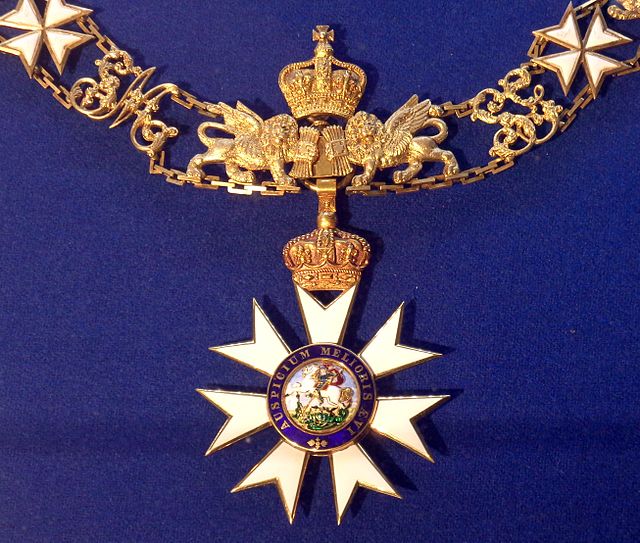Infinite photos and videos for every Wiki article ·
Find something interesting to watch in seconds
Great Museums
Celebrities
Ancient Marvels
Recovered Treasures
British Monarchs
Tallest Buildings
Famous Castles
Countries of the World
Supercars
Richest US Counties
Crown Jewels
History by Country
Rare Coins
Great Cities
Animals
Kings of France
Best Campuses
Largest Empires
Sports
Wars and Battles
Presidents
Largest Palaces
World Banknotes
Orders and Medals
Wonders of Nature
Great Artists
more top lists






